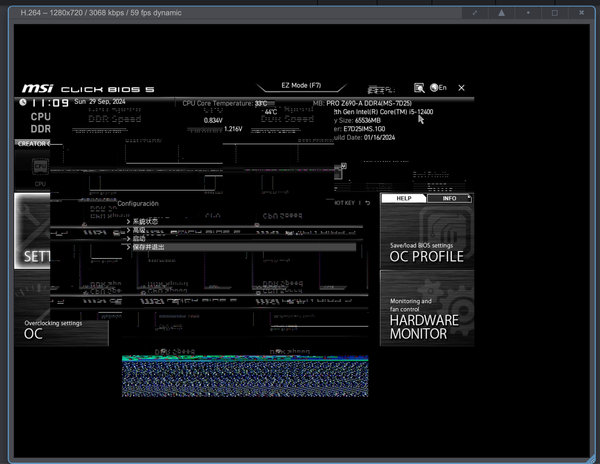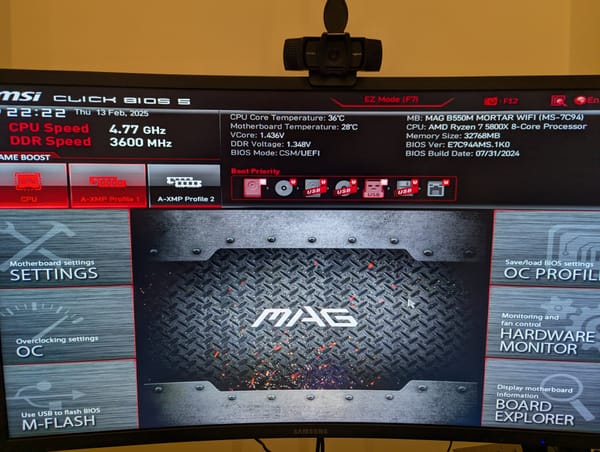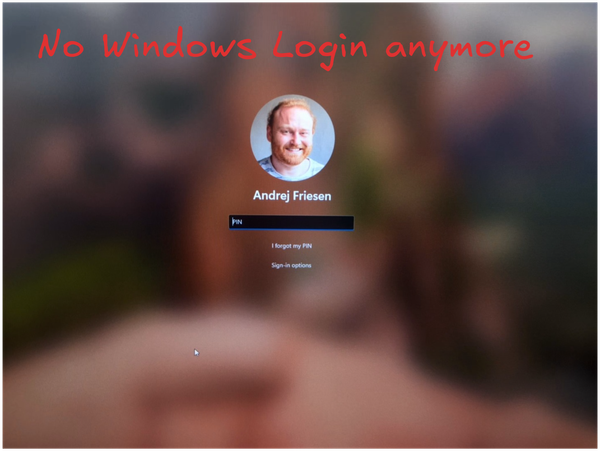Steam Deck and the Impact for Linux Desktop
The Steam Deck will sell millions and might have a really good impact for the Linux Desktop community.
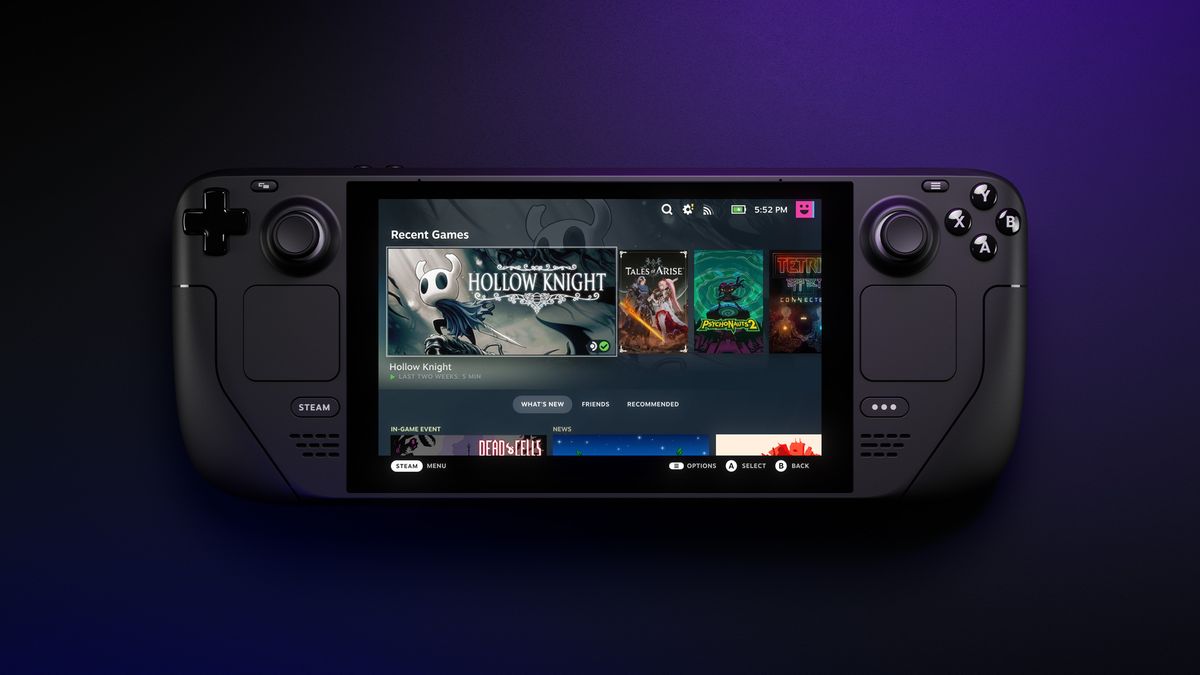
The Steam Deck is now out for a while and the second wave of units will start shipping this week.
In case you did not get the memo: Valve is selling a portable handheld gaming PC:
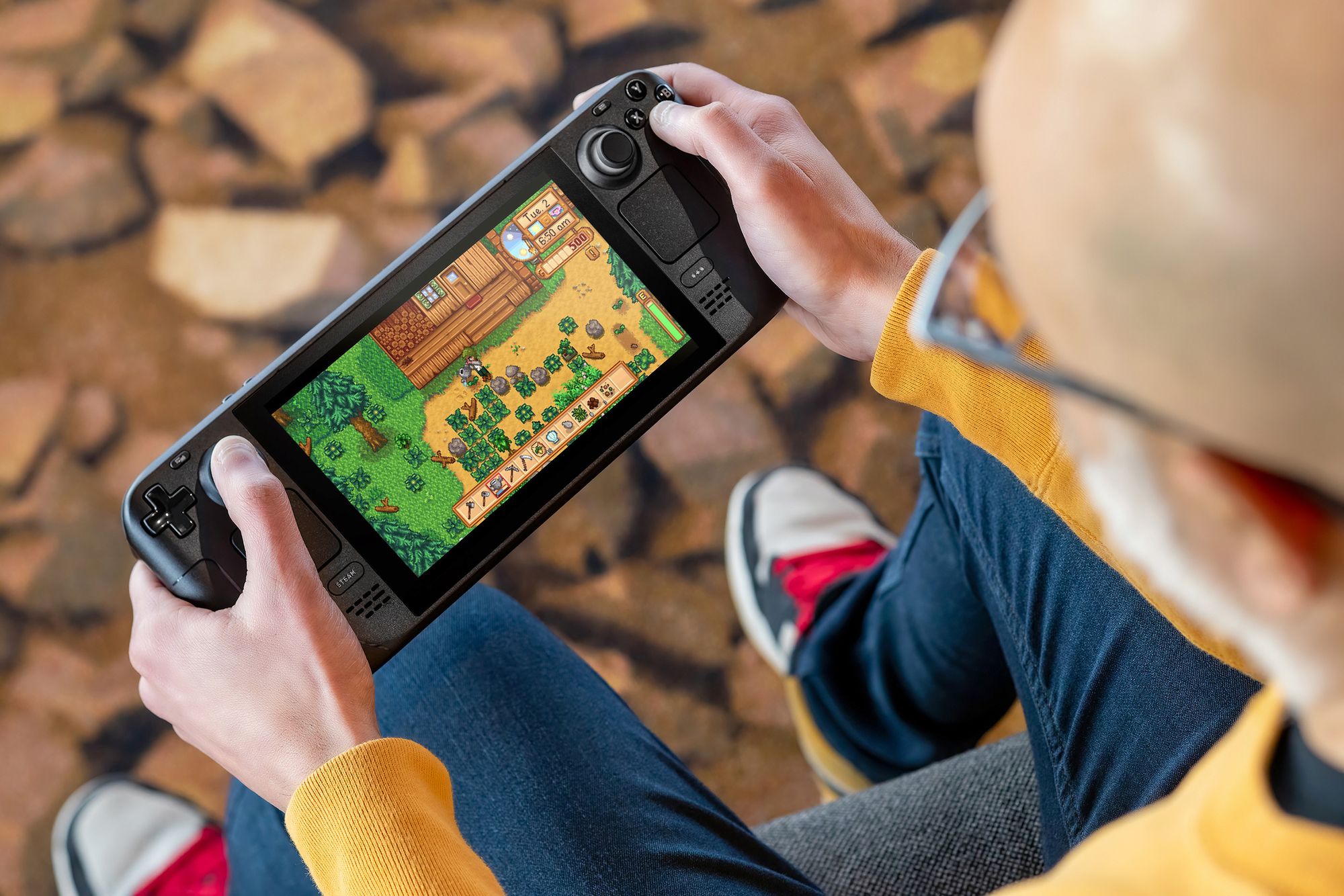
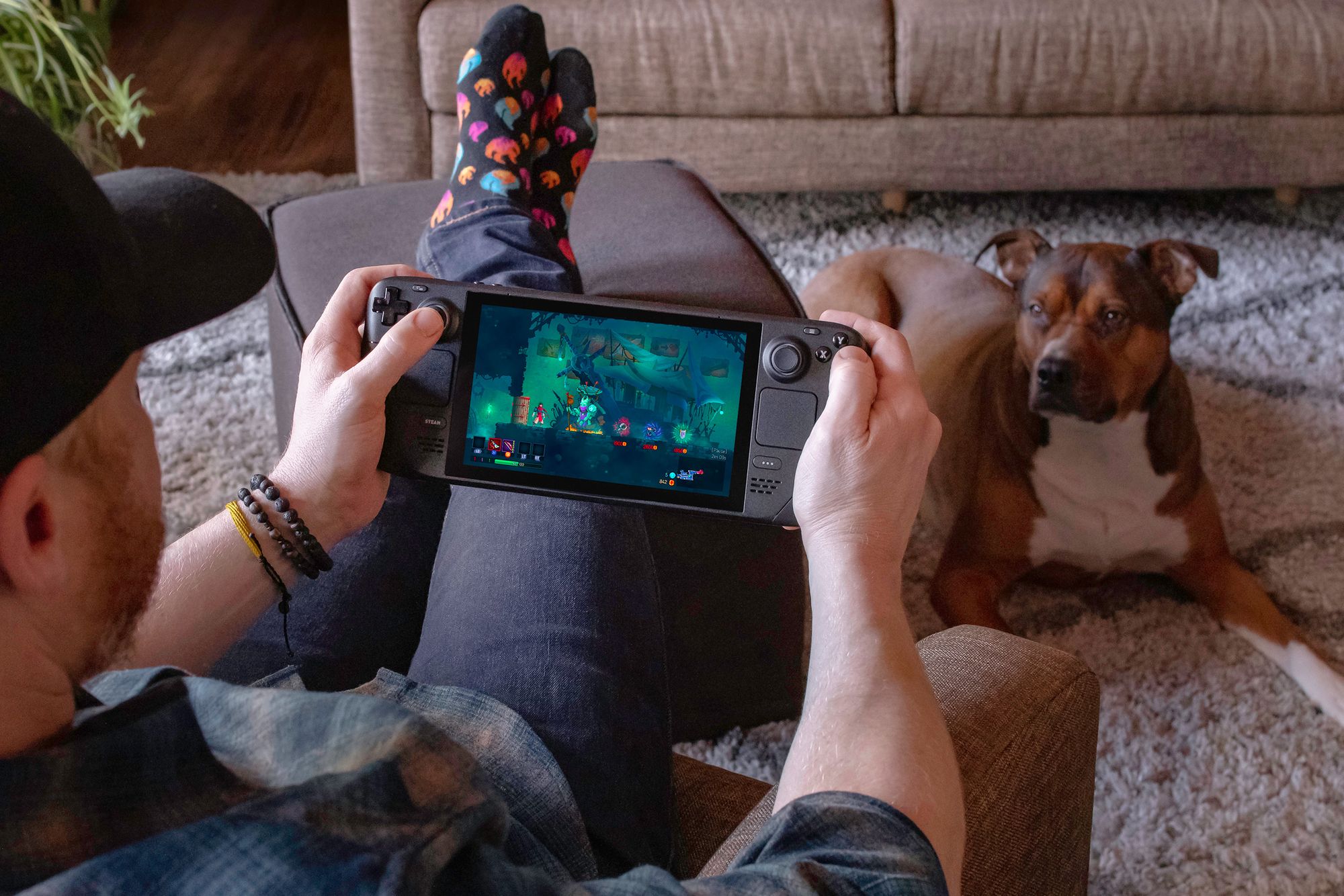
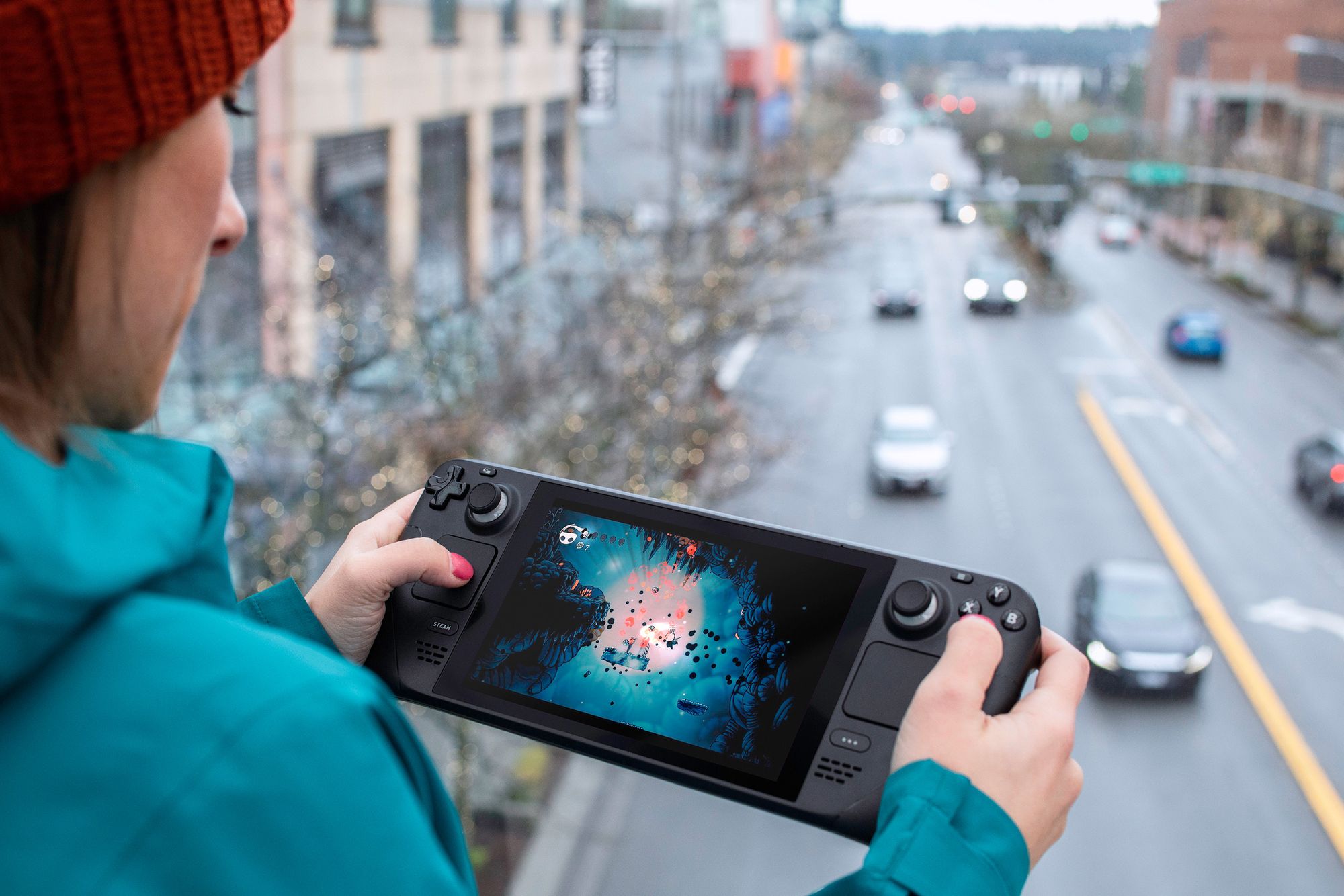
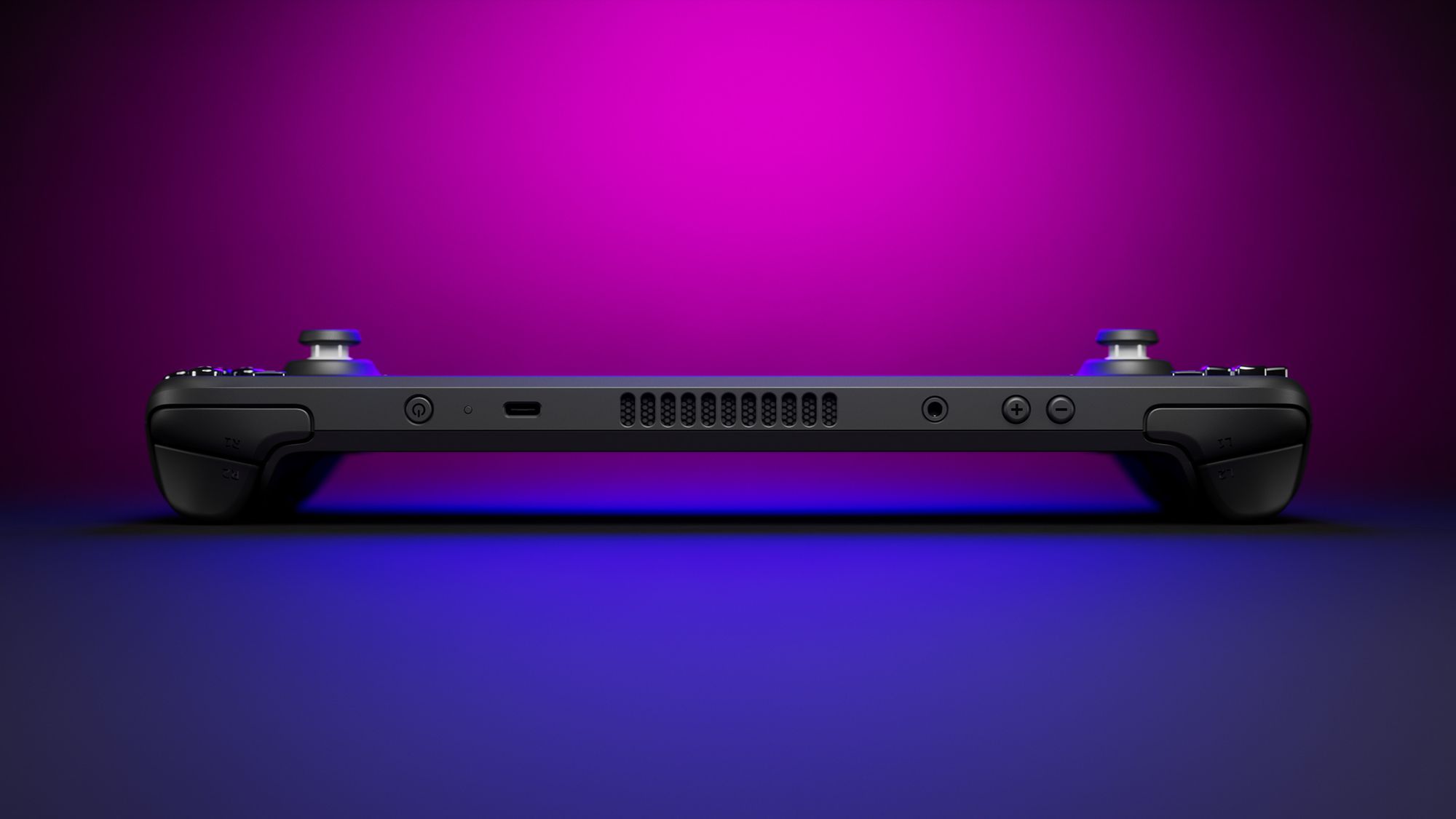
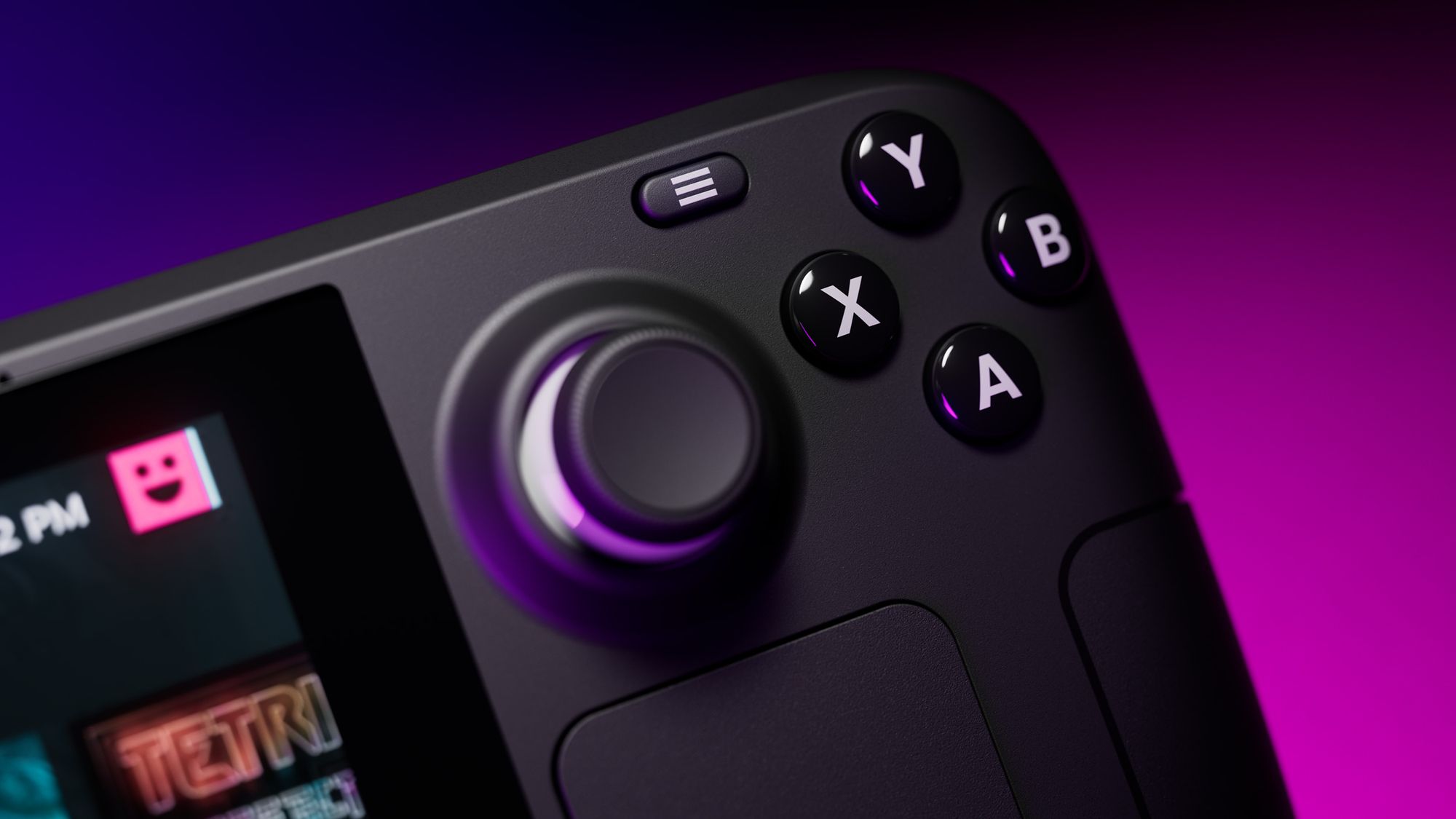
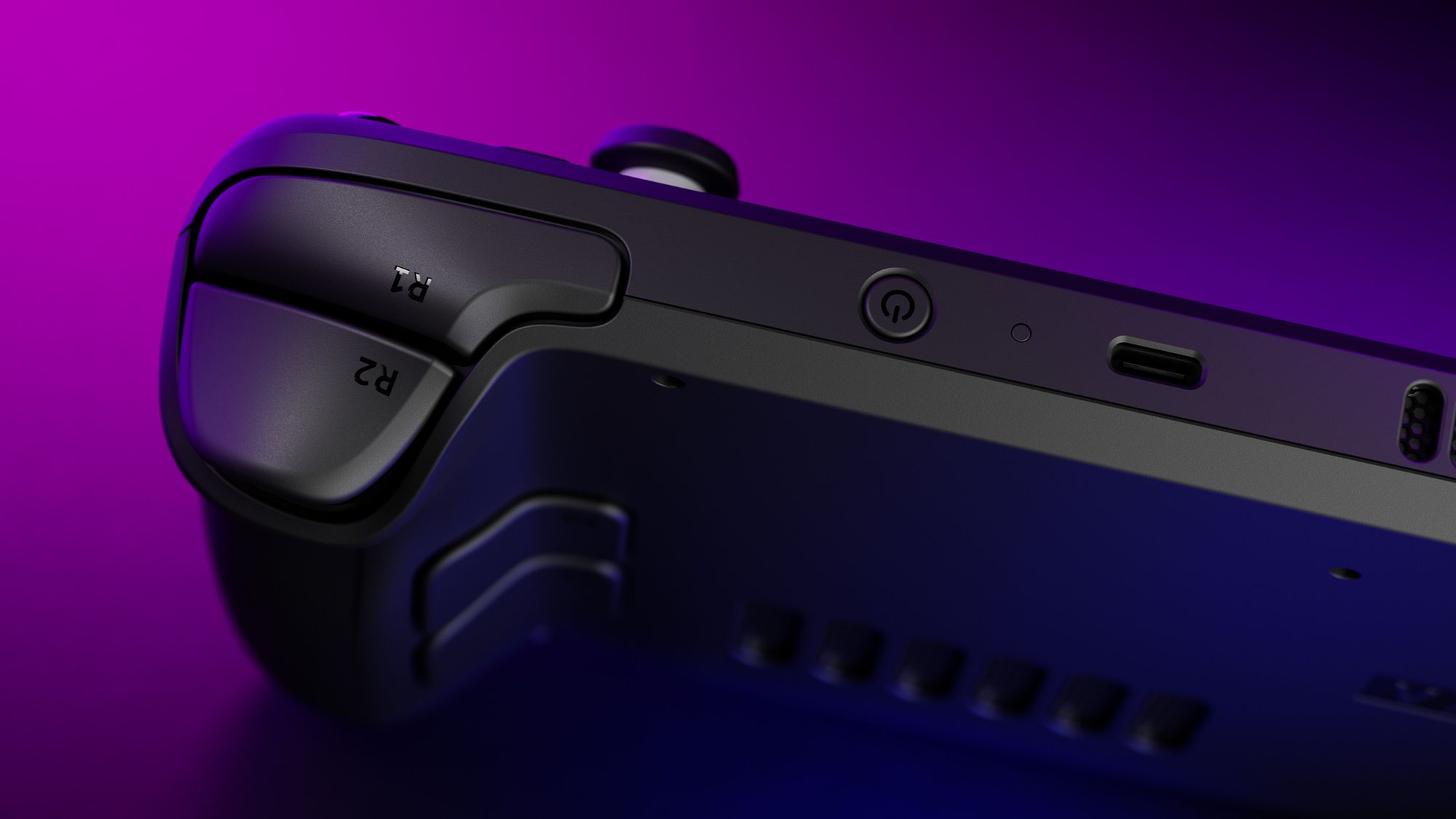
In case you want to buy one you have to wait for a little while. I myself am still waiting for my confirmation mail. At least I am still in queue for Q2 (April - June) 2022.

Anyway, let's get to my thoughts.
The Problem with the Linux Desktop
Depending on where you look, we are talking about 1-2% of all Desktop users use some kind of Linux. That is not a lot of people.
This is the biggest problem with Linux. The market size compared to Windows users is neglectable. Companies do not get a big enough return of investment for developing software or games for Linux. The user base is too small to use precious and expensive development time.
The Steam Deck comes to the rescue?
To be clear: I do not see Valve as a savior. Neither I am a fan. Valve is a company. They want to make money like all companies. Maybe they have a good motivation besides money, but yeah, money is a thing. And you know what? That is not even bad either. Let's put that aside and continue.
Well, Valve dropped the Steam Deck and I bet they will sell millions. Do not believe me? Look at the Nintendo Switch. The Switch has sold 103.54 million devices (as of December 31, 2021) since March of 2017 according to Wikipedia.
103 540 000 devices for a price around ~ 300 Euros.
Just for a small little device that does only gaming. It did not even allow you to use the onboard Bluetooth for your Bluetooth earphones. Just recently a patch has addressed that issue. Thanks for gatekeeping Nintendo.
The Steam Deck starts at 419 Euros.
It is more expensive than the Nintendo Switch but the Switch can only do gaming. Additionally Nintendo is asking for a hefty Nintendo tax when buying games on the Switch. With the Steam Deck you might already have games in your Steam library already.
Valve opens up SteamOS
The Steam Deck is running on SteamOS which is based on Arch Linux. That means other hardware vendors can come up with their own devices. There is already news about ONEXPLAYER which is another hardware vendor for PC handheld devices who is working on a SteamOs version for their OneXPlayer handhelds:
Valve’s SteamOS has also shown that Windows might not be the default OS for many of these devices for too much longer, thanks to thorough Proton support gaining momentum.
Of particular note is how the Proton developers actually improved performance in games such as Elden Ring, which highlights the OS against running something a little harder on the system like Windows 11. Zeng comments that the team has been ‘working on’ shipping the OneXPlayer line of devices with a build of Linux or SteamOS in the future.
It looks like more people will jump the Microsoft ship for the handheld factor soon as SteamOS will be fully opened.
What does that mean? More and different hardware options will arrive. Low, mid, and high-end tier devices will pop up in all sizes, form factors and price points.
This could open up a new market:
- People with no space for a real desktop experience might consider this as an option. Not everybody has the space, money, whatever for a full desk, chair, monitor, mouse, keyboard, setup. Despite the fact of building a PC can be a challenge as well. Gaming laptops exist, but the price compared to the Steam Deck is a joke at this time (Steam Deck starts at 419 Euros). Gaming laptops are well over 1000 Euros. That is more than double the price.
- People who would never consider buying a laptop or PC might get a Steam Deck. I know many people of different ages do not need a laptop or pc. They do almost everything with their smartphone or tablet.
- Console gamers who would like to experience games on the go.
- Kids who are not able to convince their parents to buy a gaming-only device. Perfect, the Steam Deck is just a PC. You can start a Desktop and just browse the internet, work on documents, plug in a dock, and do your homework! Easier to sell to your parents or grandparents. 🧓
- People who commute to work and do not have time for gaming otherwise.
- Myself and maybe others: I want to game on the couch with my girlfriend next to me without occupying the TV or needing to be next door where my PC is.
- Also myself and maybe others: People who are bound to the PC all day. Especially as a 100 % remote worker. I just want to enjoy games on a different setting like the couch.
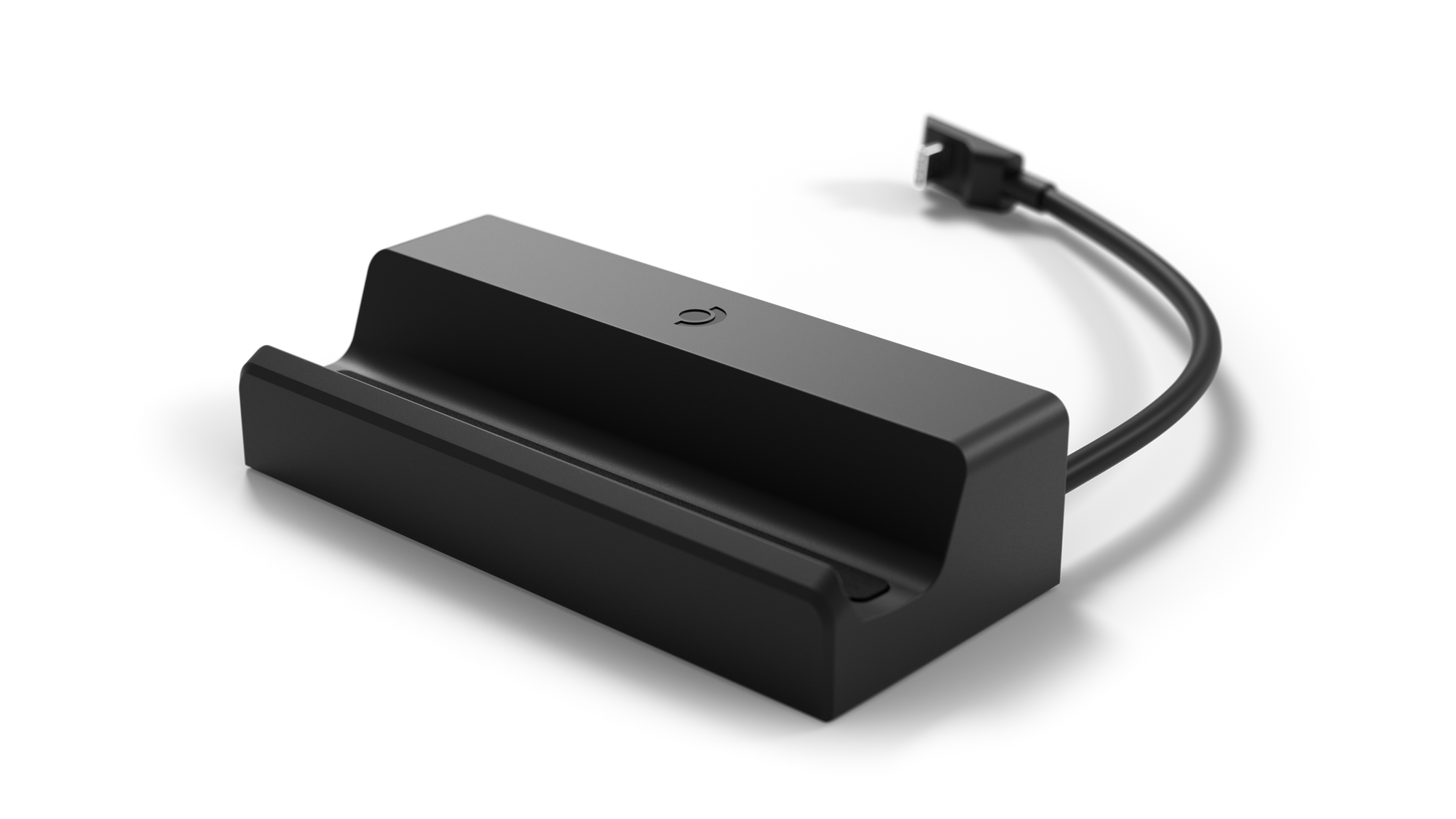
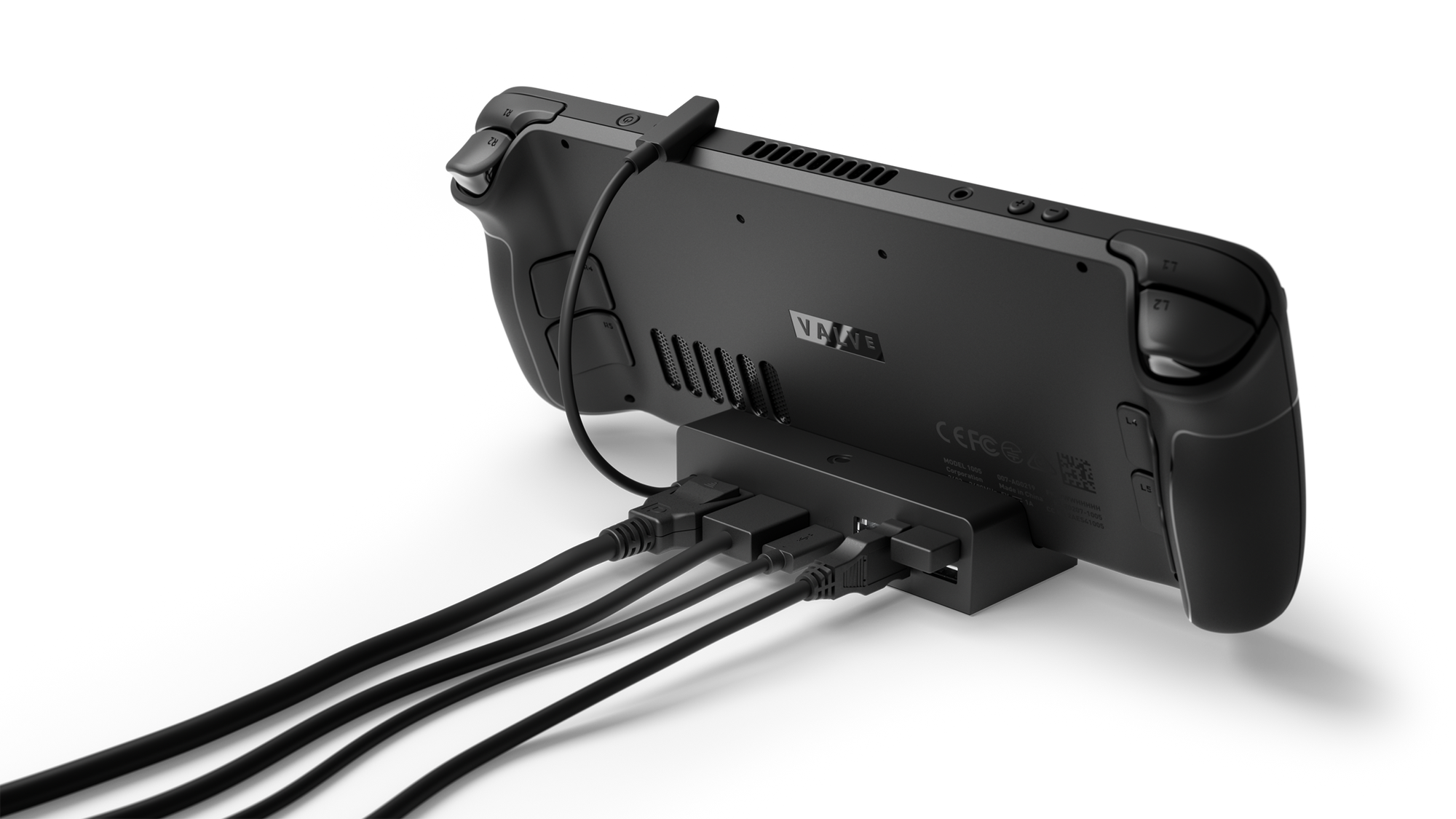
So Valve most likely will sell millions. That means a ton of new users for SteamOS!
Why should we care about SteamOS
SteamOS is primarily built for gaming. But there is a regular Desktop build in. You can install apps with flatpacks via Flathub.
Heck, it could be so good in a few years, that people might even just install SteamOS on their Desktop to get the same experience for gaming and do some work occasionally. You might save a bug or two because no Windows license is needed anymore.
It is not a closed system like a console
Nintendo with the Switch, Sony with the PlayStation, and Microsoft with the XBOX are closed ecosystems.
The Steam Deck and SteamOS are open. You can do whatever you want to it.
I mean, I started as a kid in the 90 playing games on the PC. Later on learned my way around Windows, the internet, some Linux here, then servers there and landed on a career which I did not need my bachelor's and Masters's degree for. That would have never happend with a Nintendo of that era.
Who knows what paths people will take in the future? Nobody knows.
I only know that people are not allowed to do something different with a Switch, Playstation or XBOX besides gaming the games that those platforms allow you to play. Emulation anybody?
The Steam Deck on the other hand is NOT gatekeeping you.
Six months ago I asked on Reddit about the "StreamDeck apps and use cases beside games". (Yes, that typo went in accidentally. Did only notice it while writing this piece :D)
The unique thing the Steam deck has is the combination of portability, game controls, power (edit) and an open system. Drone control maybe?
This form factor might open possibilities we may not be able to come up with yet.
If you have ideas please put them down in the comments. I am curious!
What do more Steam Deck and SteamOS users mean for Linux?
Most users will probably just use the game mode for the Steam Deck and do not even think about other possibilities.
Now, some of the normal users will go beyond like me and many others did in the past. These might join as Linux Desktop users. These might be interested in the more or less technical perspective and not gaming only topics.
More users might finally get Linux Desktop users above the 1-2 % line. This might increase the number of users. A company might elaborate again about supporting Linux. Be it games or other software. I am also thinking of hardware vendors like CPU, GPU, etc.
Additionally, more users and hardware will lead to more problems in the beginning. More problems will lead to more bug reports and hopefully bugfixes! This leads to a better experience in all kinds of aspects.
Be it gaming-specific patches, sound-related issues, WiFi, Ethernet, USB, Bluetooth, whatever.
Since everything is open source in that regard these patches will pop up on the upstream kernel and packages. Everybody will benefit form this.
The beginning might be a little rough. Actually, you can see that already. I heard complaints about YouTubers wanting to review the Steam Deck. Until the video was shot Valve already had addressed some issues.
This is a good thing! Valve seems to be determined to make this device work. They need to, since they have put in a heck ton of resources in this project!
Valve has created a win-win situation for some entities:
- Valve profits from more steam sales with their cut
- game studios have a new market they can sell their games to
- handheld vendors will sell more handhelds
- opening new market for people who did not game before
I am excited for my Steam Deck to arrive and of course for the impact on the Linux community. I could be wrong here. Only the future will tell. And this future might arrive sooner than we think. It feels like a big push for Linux users at least in my biased information bubble.
What are you thoughts on the Steam Deck? Let me know in the comments! Especially if you have cool ideas for use cases besides gaming and desktop replacement.
❤️ Enjoyed what you are reading? Join my weekly newsletter and get the links to my blog post delivered to your inbox. As a member you also enjoy some benefits!


